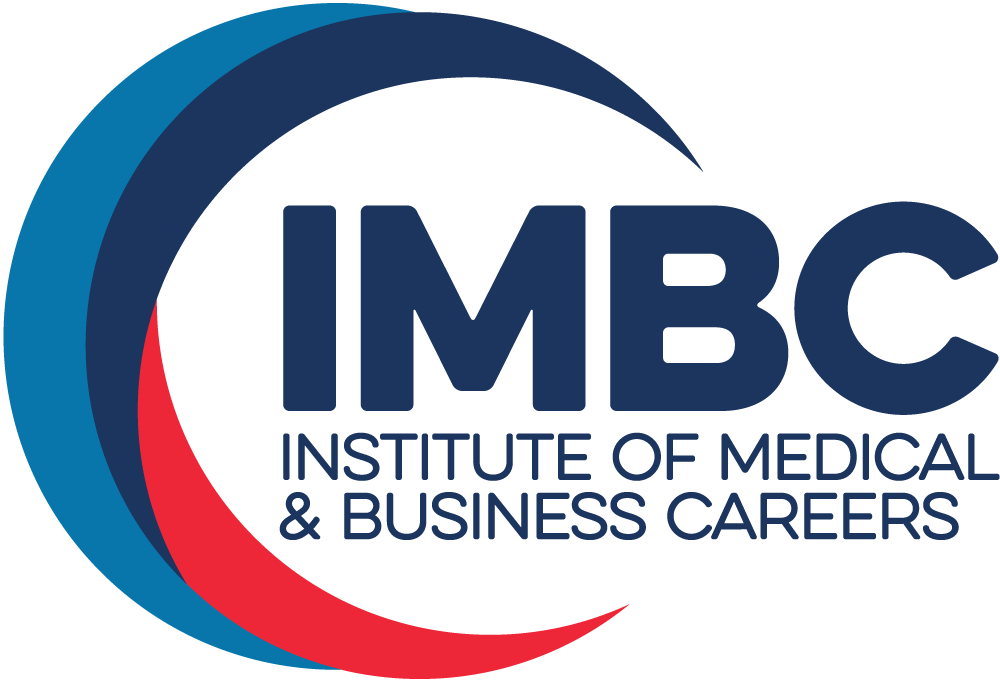Two questions we get a lot are “what do medical billing and coding specialists do?” and “what is medical billing and coding?” These are great questions and you’ve come to the right place for some easy-to-understand answers.
Let’s start with the basics:
- Typical tasks performed by medical billing and coding specialists
- Where medical billing and coding specialists work
- Traits of successful employees in medical billing and coding
- How to train to become a medical billing and coding specialist
Medical billing and coding basics
As a medical billing and coding specialist, you’ll perform tasks that support billing health insurance companies for procedures patients receive.
Let’s break that down in basic terms.
When you go to the doctor or dentist and get a check-up, shot, or x-ray, the doctor’s office has to get paid, right? They send a bill to your insurance company to get paid for the procedure. There are thousands of different procedures and each has a different code (ICD codes). Doctor’s offices have to send the right code to the insurance company. That’s where medical billing and coding specialists come in to play. These specialists (also called medical coders), convert the procedure a patient had into a special insurance code and submit it the insurance company for payment. But wait, there’s more! Medical billers and coders may also work with patients to collect payments, set up financing, answer billing questions, and work with insurance companies.
Medical billing and coding work environment
As a medical billing and coding specialist, you’ll typically work in a healthcare setting. That might include hospitals, clinics, doctor’s offices, nursing care facilities or insurance companies. The work environment for billing and coding specialists is typically a desk with a computer and phone. Medical billers typically work 40 hours per week (that’s 8 hours per day, Monday through Friday) and can be paid hourly or receive a fixed salary.
This type of work environment is great for someone who does not want to be standing on their feet all day (like working retail or food service), and someone who wants a standard schedule without typically having to work nights and weekends; though you may choose to do so, if desired.
Is medical billing and coding right for you?
The traits and skills that will make you successful in a career as a medical billing and coding specialist include:
- Attention to detail
- Comfort with typing and computers
- Friendly, positive attitude
- Comfort working in a healthcare setting
How to become a medical billing and coding specialist
To become a medical billing and coding specialist, many people will go back to school to obtain a diploma in medical insurance billing and coding, which you can typically earn online, part-time and under a year. Online is a great option for people who having busy schedules, such as working parents, because you don’t have to drive to a campus.
Once you obtain your diploma, you will be prepared to seek a certification as an NRCCS (Nationally Registered Certified Coding Specialist). Some schools will even cover the cost of your exam, like the Institute of Medical and Business Careers (IMBC). Certification exams are not required for employment; however, they may help you gain employment.
Getting started is easy. Just contact a school like IMBC to learn more and you’ll be on your way to a rewarding career.
